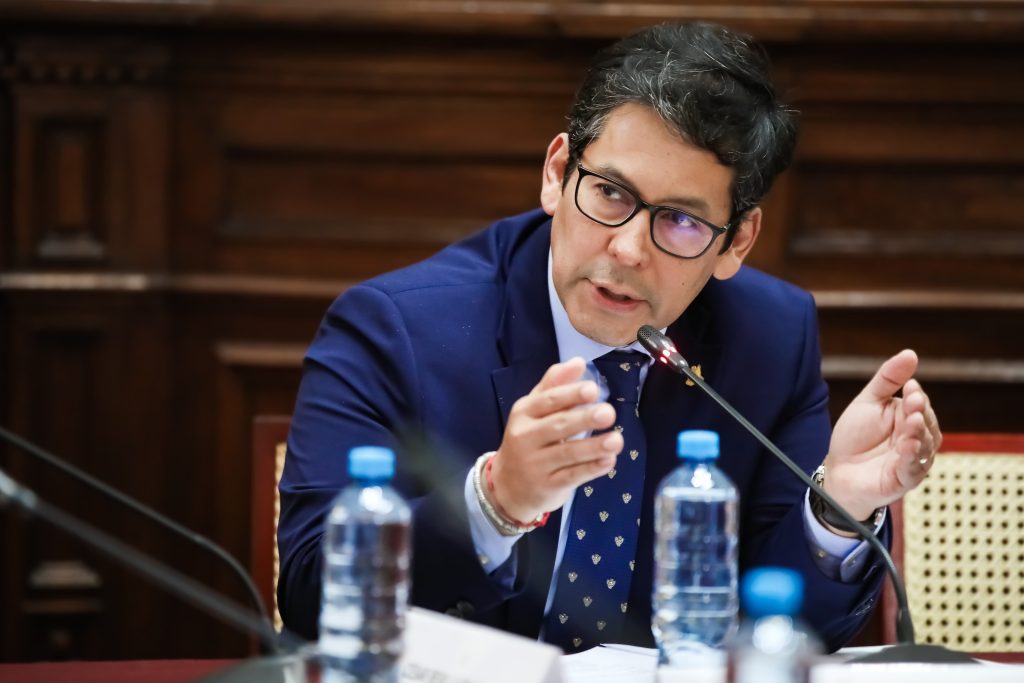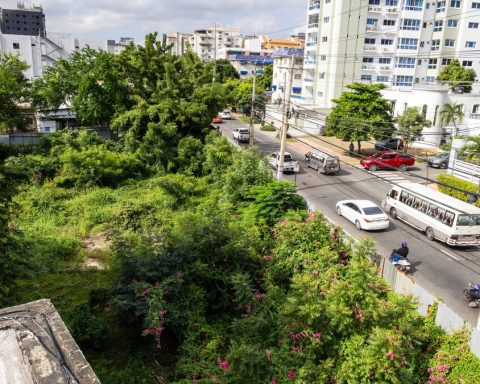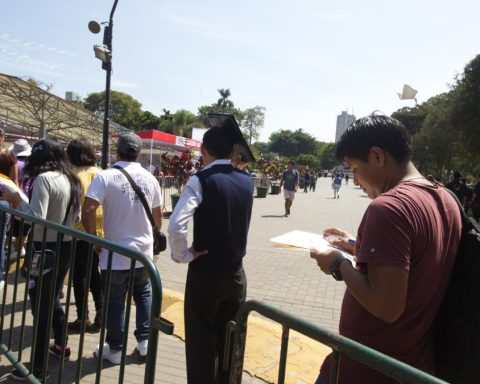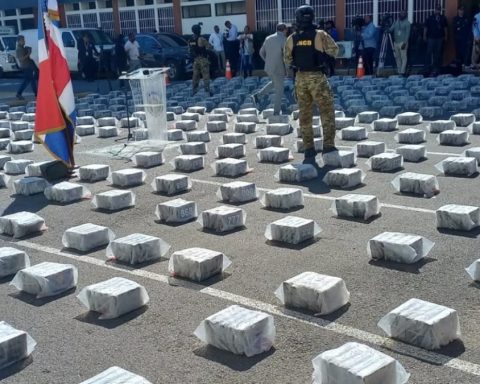“We are going to facilitate access to the largest payment of taxes and procedures in our history. “Let the papers travel online, not let people line up,” said Sheinbaum when exposing his 100 Government Commitments, in the capital’s Zócalo, on the first day of his government, leaving out, for now, the proposal or speech of launch a tax reform.
In addition, the permanence of Antonio Martínez Dagnino as head of the SAT in the new administration was confirmed, who has held this position since October 2022.
“This suggests that current inspection and collection strategies will continue, which could provide some predictability for companies’ tax planning and intensification of audits. Continuity in technological modernization: efforts are expected to continue to improve the SAT’s digital platforms, which could facilitate tax procedures for taxpayers, but also increase the authority’s inspection capacity,” explained Rolando Silva Briceño, vice president of Prosecutor of the Mexican Institute of Public Accountants (IMCP).
Regarding digitalization, the tax specialist states that it is necessary to complement it with a reform focused on simplifying compliance, especially for small and medium-sized companies, which mostly operate under the regime of a natural person with business activity and have various obligations. whose non-compliance or errors can result in tax credits or even a stoppage of activities.
Last week the SAT announced that, starting this month, it will simplify procedures and provide facilities to taxpayers who are in the Simplified Trust Regime (Resico) for the renewal of the electronic signature and registration in the Federal Taxpayer Registry. (RFC).
Depetrolization
In 2015, with the drop in international oil prices, Mexico’s public finances were affected. Oil revenues went from representing 30.7% of total public revenues in 2014 to 19.8%.
In that same period, income from paying taxes went from contributing 45% of total income to 55.3% and since then they have increased year after year. At the end of 2023, they represented 64.2%, while oil workers only contributed 15.3%, according to figures from the Ministry of Finance and Public Credit (SHCP).

















